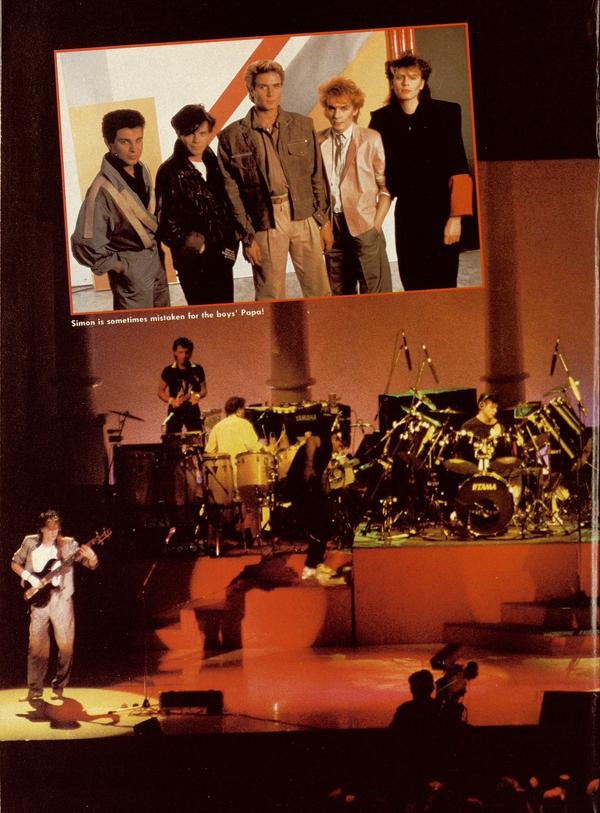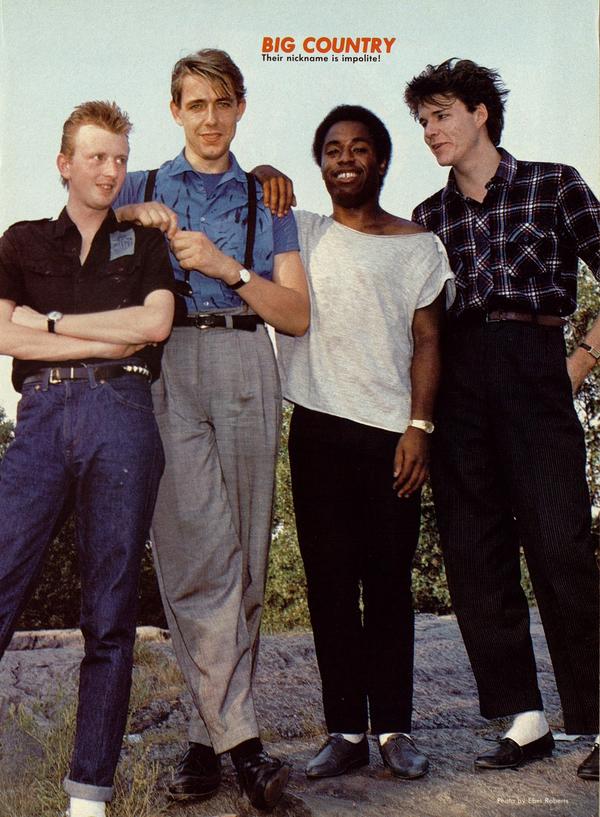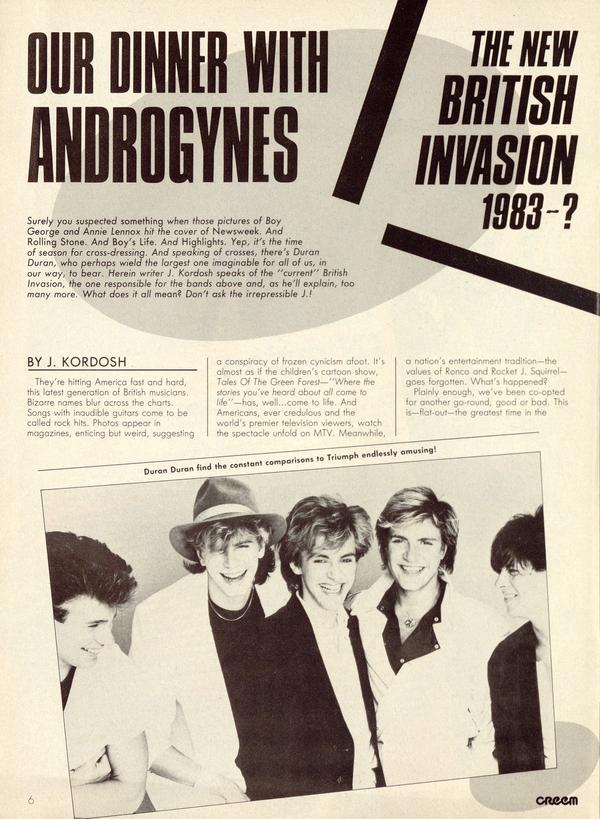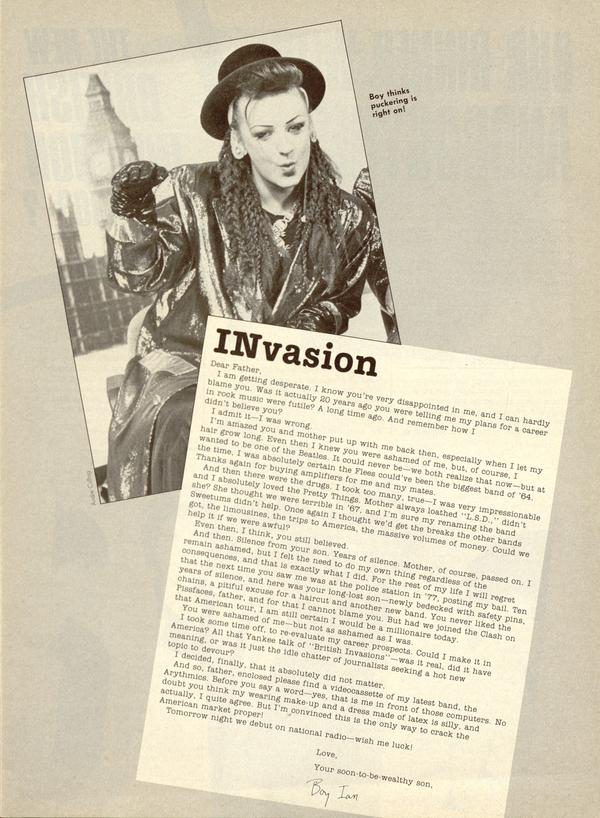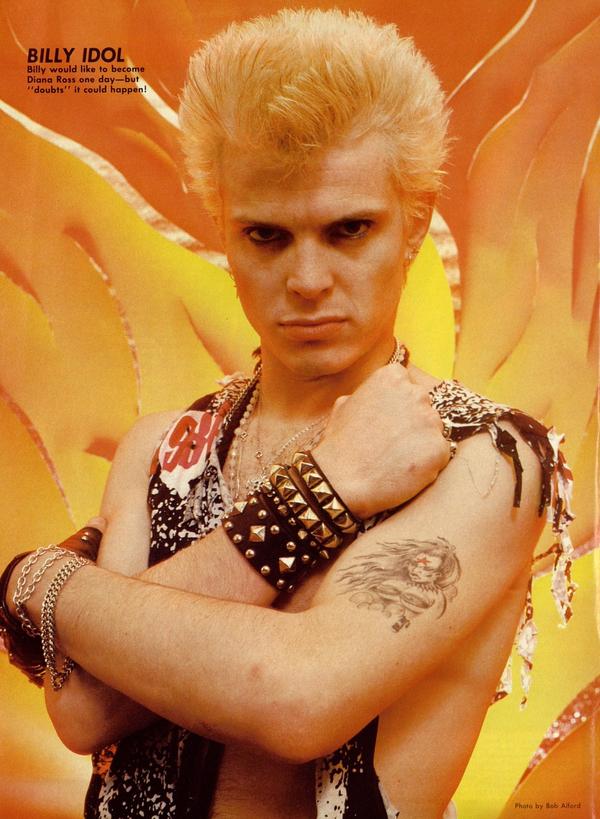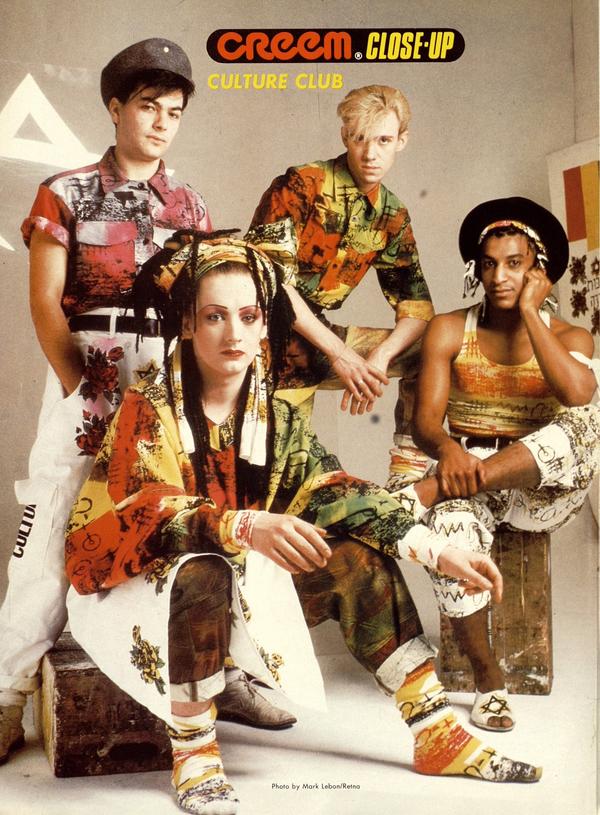THEY ARE THE CLASH
You'd have to be crazy to want to be Joe Strummer. Rock the corporate casbah a little and you're a hero to the disenchanted middle class youth and hoary rock critics who are willing to accept anything—be it rhetoric, doomsaying or just plain dogma—in the name of good old rock 'n' roll.


You'd have to be crazy to want to be Joe Strummer. Rock the corporate casbah a little and you're a hero to the disenchanted middle class youth and hoary rock critics who are willing to accept anything—be it rhetoric, doomsaying or just plain dogma—in the name of good old rock 'n' roll. But dare to reach out to a larger audience by copping a cool half-mil playing the US festival or—God forbid— signing to a major record company in the firs* place and bingo: you're a hypocritical bum.
Jeez, even lefty funkateers like the Gang Of Four didn't suffer the slings and arrows of accountability, but then it's never easy being a martyr. The Clash's existence has always been more like a lifetime in the Garden of Gethsemane than a day in a blissfully innocent Eden. They've lived dangerously and done their name proud. Even if their body politic was infected from the very outset by the nasty germ of contradiction, the Clash tried harder than most to embrace the disparities and inject a little content into pro forma pop music. Quizzed by Us magazine at the height of Combat Rock fever, about "siding with the have-nots, yet being retailed for 58.98," Strummer surmised, "Yeah, that's a paradox, but it's one of the simpler ones I've had to deal with. I find doing 50 push ups and then smoking 10 cigarettes a more disturbing paradox, really. I wouldn't be doing this interview if I hadn't signed with a big label. You've got the music and they've got the vinyl."


